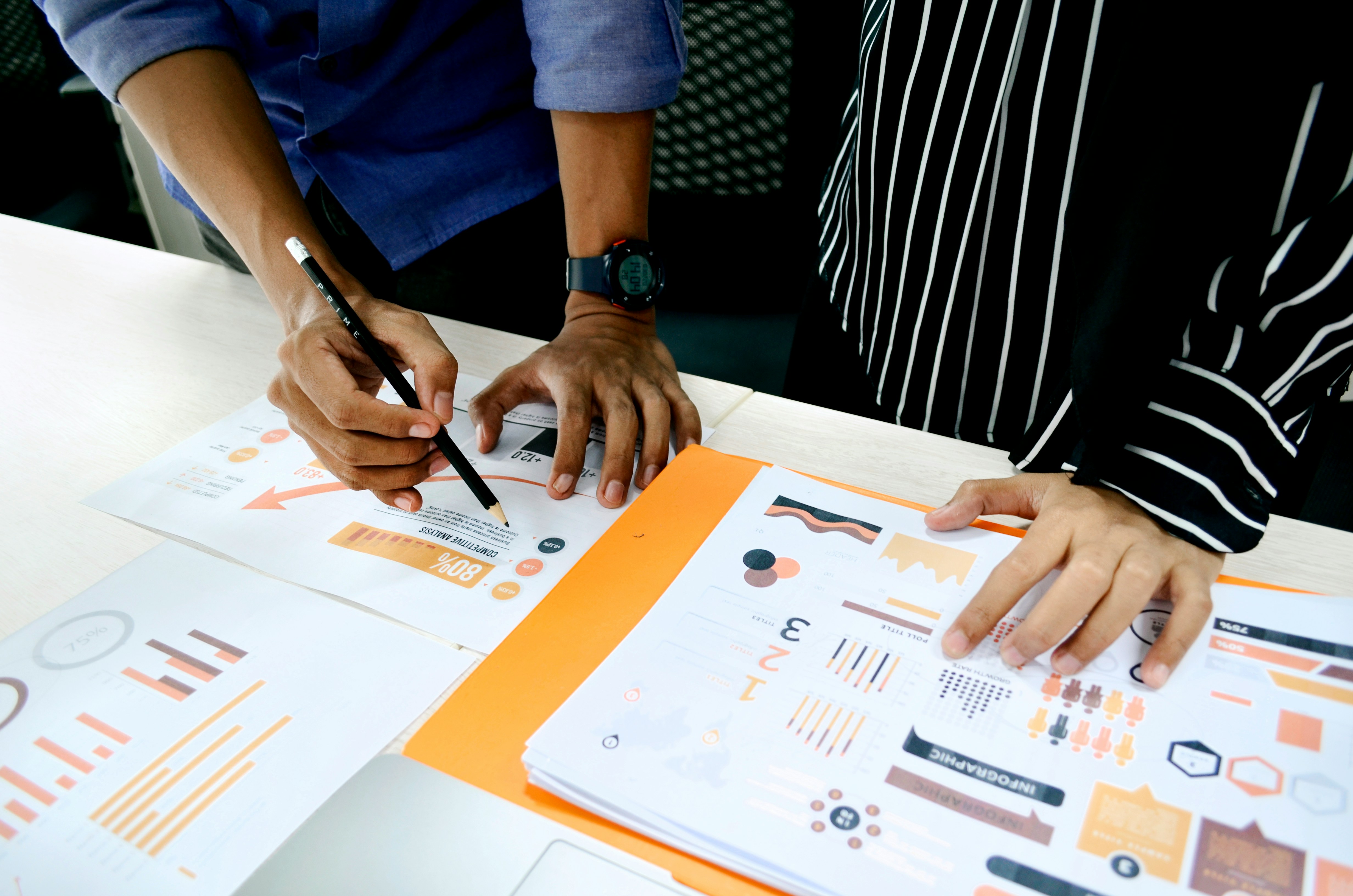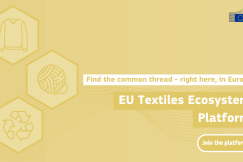Best practices
14 July 2025
BALI Chair: Multi-stakeholder collaboration as a driver of systemic change
Best practices
14 July 2025
Investments and funding
R&I, techniques and technological solutions
Skills
+10 more
Login / create an account to be able to react
-
6

Founded in 2017, the BALI Chair (Biarritz Active Lifestyle Industry) is an initiative coordinated by ESTIA – École Supérieure des Technologies Industrielles Avancées, designed to support a circular, sustainable, and responsible transformation of the fashion and textile industry. The initiative brings together industry and academic partners and is supported by the Nouvelle-Aquitaine Region of France.
BALI Chair
Topics
Albania
Armenia
Austria
Belgium
Bosnia and Herzegovina
Bulgaria
Croatia
Cyprus
Czechia
Denmark
Estonia
EU-27
Finland
France
Georgia
Germany
Greece
Hungary
Iceland
Ireland
Italy
Kosovo
Latvia
Liechtenstein
Lithuania
Luxembourg
Malta
Moldova
Montenegro
Netherlands
North Macedonia
Norway
Poland
Portugal
Romania
Serbia
Slovakia
Slovenia
Spain
Sweden
Switzerland
Türkiye
Ukraine
Other
Academic / Research and VET Institutions
Business Support Organisation
Company with 250 or more employees
Cluster Organisations
Consumer Organisations
Cultural and Heritage Organisations
Destination Management & Marketing Organisations
EU Institutions
Financial Institutions and Investors
Industry Associations and Chambers of Commerce
International Organisations
Local Authorities
Media / Journalist Organisations
National authorities
Networks and Federations / Confederations
NGOs / Non-profits
Notified Bodies
Regional Authorities
SMEs (a company with less than 250 employees)
Social Economy Entity
Trade Unions
Other
-
Transition Pathway's building blocks
-
-
Investments and funding
-
R&I, techniques and technological solutions
-
Skills
-
Social dimension
-
Sustainable competitiveness
-
-
Industrial ecosystems
-
-
Textile
-
-
Textiles ecosystem areas
-
-
Fibres, yarns and fabrics
-
Technical textiles
-
Footwear
-
Research and Innovation
-
Technology and Machinery
-
Waste management, reuse and repair
-
Business support and Communication
-
Share
General objectives and partners The BALI Chair is a programme for education and research on technological innovations. It was founded on the mission of accelerating the industrial deployment of circularity in the textile and fashion sector through the development of solutions that deliver economic, social, and environmental benefits. The current partners of the BALI Chair include a diverse range of stakeholders:
This diverse partnership ensures that the BALI Chair benefits from a broad, practical perspective capable of driving sustainable change, fostering transformation within businesses in terms of skills, structures, and technologies. BALI Chair activities In its first phase (2017–2020), the BALI Chair focused on awareness-raising and setting up steering committees. From 2020 to 2023, the Chair entered a more operational phase, formalising the first standards for circular fashion and initiating collaborations in EU-funded projects. Currently in its third phase (2023–2026), the BALI Chair is focusing on the challenges of scaling up circular fashion, deploying technical solutions and business models that prioritise resource efficiency and local value creation whilst remaining competitive at the same time. The Chair's work is structured around three working groups (WGs) that include Chair members as well as external participants:
As part of its cooperation initiatives, the BALI Chair also regularly hosts Scientific Committee gatherings, i.e. occasions for EU wide dialogue and exchange with key players in the European textile sector. The last session, held on 8th July 2025, featured discussions on textile recycling actors in Europe, online resale trends, data governance and the Digital Product Passport, as well as valorisation strategies for smart textile waste, with contributions from institutions such as CETIA, AITEX, Lusíada University, the University of Leeds, and Mondragon University. Educating for circularity A fundamental pillar of the BALI Chair is education. Through its modules at ESTIA, the BALI Chair equips university students with the skills and tools needed to design, develop, and implement circular models, whilst raising their awareness of the environmental and societal impacts of their future careers. Additionally, by collaborating with BALI Chair partners, students gain hands-on experience in cutting-edge projects, practical applications, and innovative real-world solutions. In this area, the Chair reported the following achievements in 2024:
Conclusion Over the past decade, the BALI Chair has developed an ecosystem that brings together industrial innovation and academic research to support the textile industry's transition towards sustainability. The multi-partner, multi-disciplinary approach serves as one method for addressing systemic change. The initiative connects local activities with broader European and global objectives, demonstrating how circular practices can deliver benefits at different levels of the ecosystem. |
Comments (0)
See also
-
7
Prolonging the lifespan of denim: repair and reuse services at Nudie Jeans
- Categories
- R&I, techniques and technological solutions Skills Social dimension +10 more
-
4
Welcome to the Digital Business Community Workspace!
- Categories
- Investments and funding R&I, techniques and technological solutions Skills +26 more
-
45
Introducing the ‘Themed Discussion Days’ on the EU Textiles Ecosystem Platform
- Categories
- Infrastructure Investments and funding R&I, techniques and technological solutions +26 more




